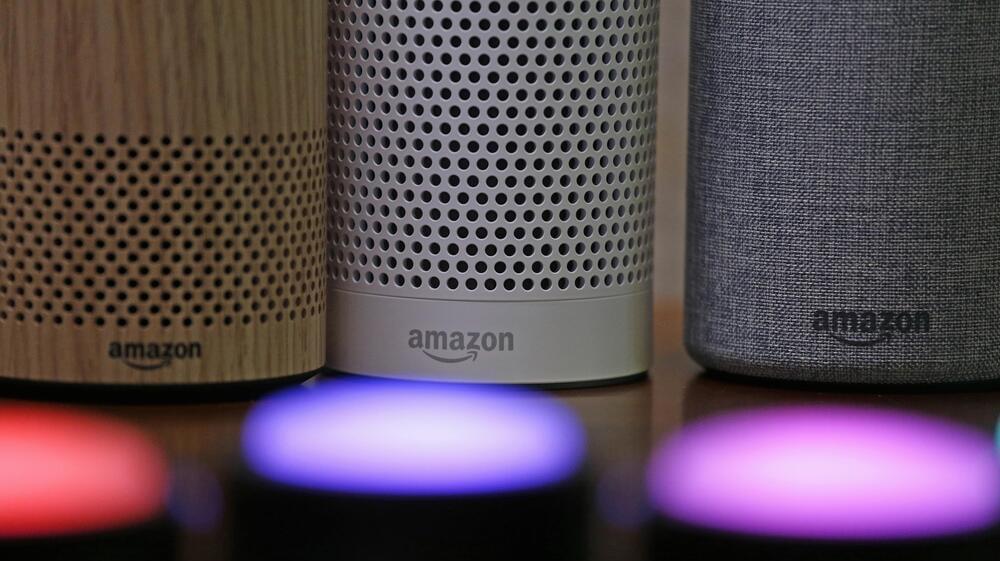Even a couple of years ago, the idea that artificial intelligence might be conscious and capable of subjective experience seemed like pure science fiction. But in recent months, we’ve witnessed a dizzying flurry of developments in AI, including language models like ChatGPT and Bing Chat with remarkable skill at seemingly human conversation.
Given these rapid shifts and the flood of money and talent devoted to developing ever smarter, more humanlike systems, it will become increasingly plausible that AI systems could exhibit something like consciousness. But if we find ourselves seriously questioning whether they are capable of real emotions and suffering, we face a potentially catastrophic moral dilemma: either give those systems rights, or don’t.
Experts are already contemplating the possibility. In February 2022, Ilya Sutskever, chief scientist at OpenAI, publicly pondered whether “today’s large neural networks are slightly conscious.” A few months later, Google engineer Blake Lemoine made international headlines when he declared that the computer language model, or chatbot, LaMDA might have real emotions. Ordinary users of Replika, advertised as “the world’s best AI friend,” sometimes report falling in love with it.










Comments are closed.